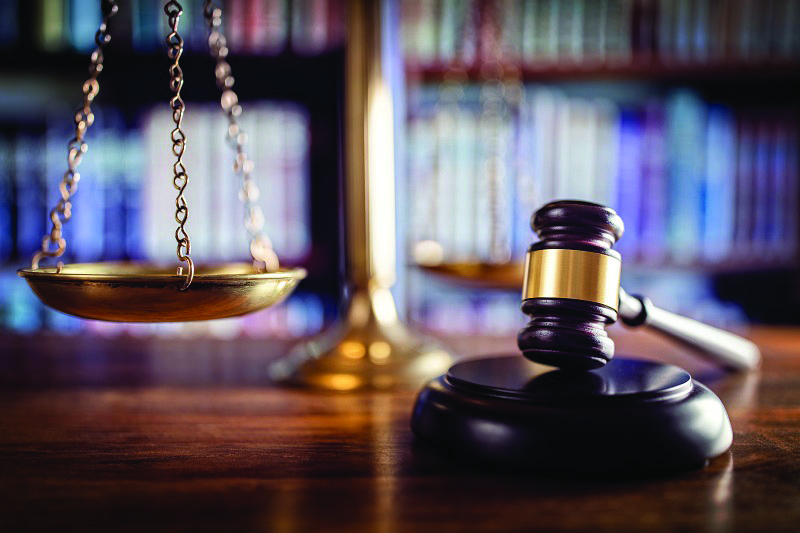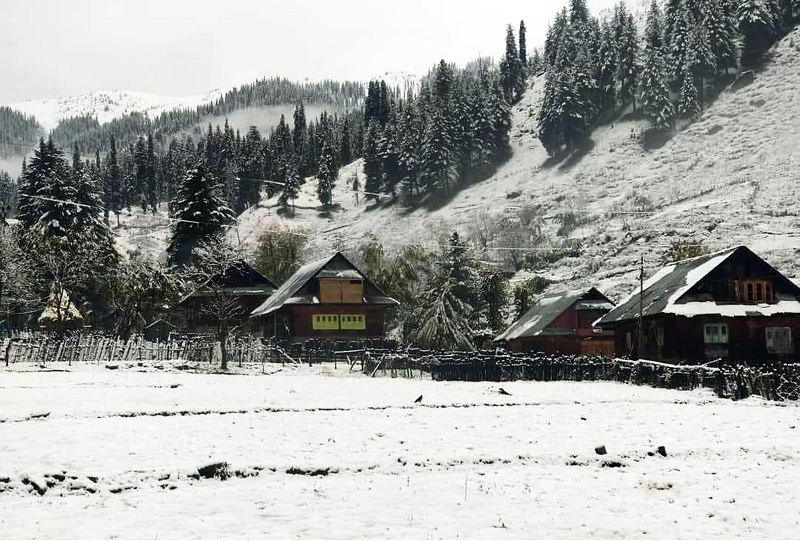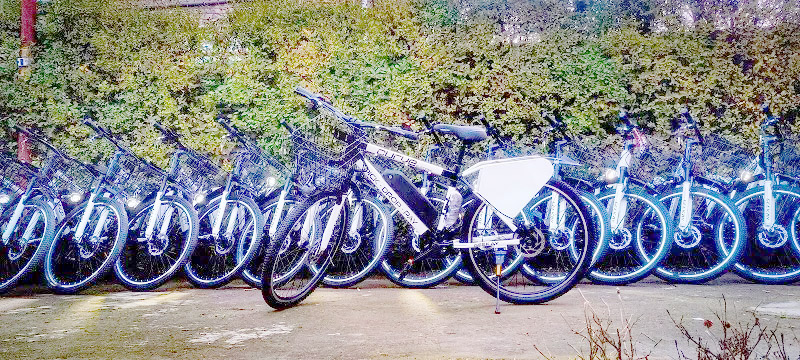Srinagar, Dec 09: The High Court of Jammu & Kashmir and Ladakh Friday stayed the single-judge verdict regarding cancellation of all examinations conducted by J&K Service Selection Board (JKSSB) through blacklisted firm, Aptech Limited for the posts of Junior Engineer-civil, Jal Shakti Department, and Sub Inspector, Home Department.
A division bench of Justices, Sindhu Sharma and Vinod Chatterji Koul directed the JKSSB to proceed with the selection process of Junior Engineer (JE), Jal Shakti Department and Sub-Inspector (SI), Home Department.
“However, the result of the same shall await further orders from this Court,” the bench said.
The court stayed the judgment after Advocate General, DC Raina submitted before the court that the petition filed by the aspirants has been decided by the Writ Court in contravention to Rule 14 and 15 of the writ proceeding rules and the entire selection process to the post of Junior Engineer (JE), Jal Shakti Department and Sub-Inspector (SI), Home Department, have been quashed.
The bench after hearing Raina issued notice to the other side and directed them to file a counter within four weeks.
The court listed the matter for hearing on February, 02, 2023.
The court was hearing an appeal challenging a single-judge verdict passed on Thursday (December 08, this year), wherein the single-judge bench while cancelling the examinations of JE and SI had directed the government to constitute a high level Committee headed by not less than a retired High Court Judge to enquire into the conduct of JKSSB for their “brazen irregularities and illegalities” in changing the terms or conditions of the tender.
“Also as to what weighed with them to award a contract to conduct an examination by an organization which has previously facilitated malpractices in public examinations and accordingly appropriate action be initiated against those found guilty,” the court had asked.
The court had observed that by its own act of “omission and commission”, the functioning of JKSSB does not inspire confidence in holding public examinations.
“It has become incumbent on all stakeholders to review the functioning of the Board,” it had said.
The court had passed the rulings in a plea filed by the aspirants, Vinkal Sharma and others, who had sought direction to JKSSB not to conduct the examination through M/s Aptech Limited, blacklisted in the past, and to appoint some other agency, which is not previously blacklisted for conducting such examinations through Computer Based Test Mode (CBTM) involving public employment.
The court had held that the conduct of public examination by the Government or any instrumentality like JKSSB is a matter of trust and utmost faith and what impression can be gathered if such contract is given to a agency, which was blacklisted in the past, to conduct the selection process where career of lacks of aspirants are at stake.
It had recorded that a fair and reasonable selection process is a fundamental requirement under Article 14 and Article 16 (1) of the constitution.
In its judgment, it had also highlighted the past actions of the firm, Aptech Limited while observing that the firm has already been involved in various malpractices and irregularities and was blacklisted by UPPCL
The bench had recorded that even the High Court of Delhi has imposed a fine of Rs.10,00,000 on the tainted firm, while observing that the organization resorting to or permitting malpractices at institutional level should be kept at bay by bodies conducting public exams.
“Yet in spite of the clear cut direction issued by the Delhi High Court, contract has been given to respondent No.2 (Aptech limited) without any justifiable cause,” it had said.
The bench had underscored that Aptech limited has been granted permission to conduct the examination on behalf of SSB and the unfairness in the selection process and the anomalies keeping in view the past conduct of Aptech limited cannot be ruled out, which will be against the basic principle of fairness and equity, as envisaged under Article 16 of the Constitution of India.
“The nature of conducting public examinations requires a high degree of secrecy/fairness as the future of lakhs of aspirants would depend upon such examination,” the court had said.








